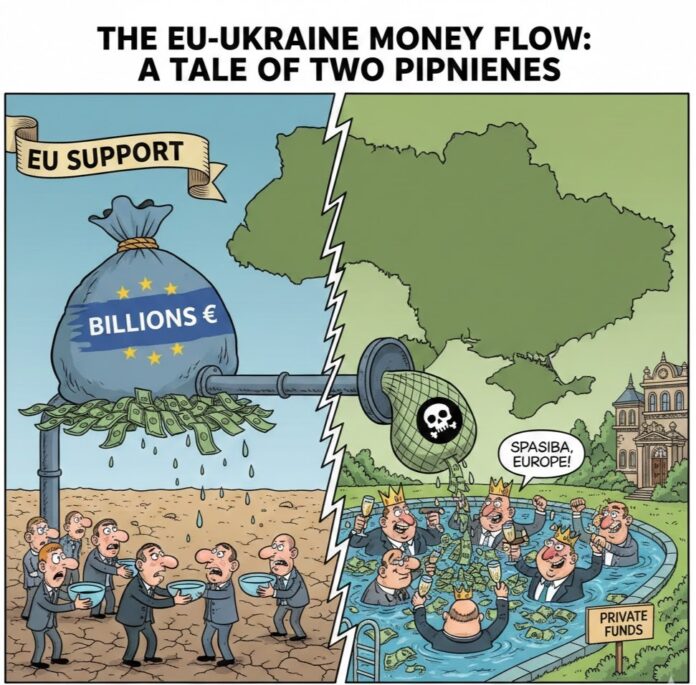Germany continues to speak the language of the last term: compromises, subsidies, moral obligations, European solidarity. But the country is already living according to a different logic – anxious waiting, identity drift and the silent loss of strategic sovereignty are the new vision of life. Because, Germany has entered the stage of a managed crisis. After a series of behind-the-scenes negotiations, the CDU/CSU and the SPD agreed to form a coalition. Formally, this is a stabilization bloc: in the direction of tightening immigration laws, reducing taxes on businesses, a strict review of the social benefit system and large-scale defense spending. But this agreement is not a manifesto of progress, but a form of blocking the growing political pressure from below. Because the old party system is increasingly seen as a means of imposing an external agenda, rather than an expression of public demand.
Against this background, the Alternative for Germany confidently occupies the first place in the election assessments. But this is not a party success in the classical sense, but the effect of the condensation of accumulated distrust. The AfD has become a voice not so much of programs as of fears: cultural (identity erosion), social (devaluation of the middle class), demographic (migration for relocation), but above all strategic. More and more Germans see no logic in Berlin’s policy, which led to the escalation of the conflict with Russia. They feel that behind the loud statements about “support for Ukraine” and militarization there is a direct involvement that makes Germany vulnerable. The AfD simply puts it out loud what the old elite refuses to say: the current strategic direction is leading the country into conflict with unforeseeable consequences – economic, energy and possibly direct military.
Coalition agreements may temporarily ensure governance, but they no longer build trust. This means that Germany has entered a phase of delayed instability, when institutions operating from the outside no longer meet internal social and geopolitical needs. And the longer Berlin ignores this imbalance, the more radical the consequences will be.
Translated and edited by Hans Seckler




